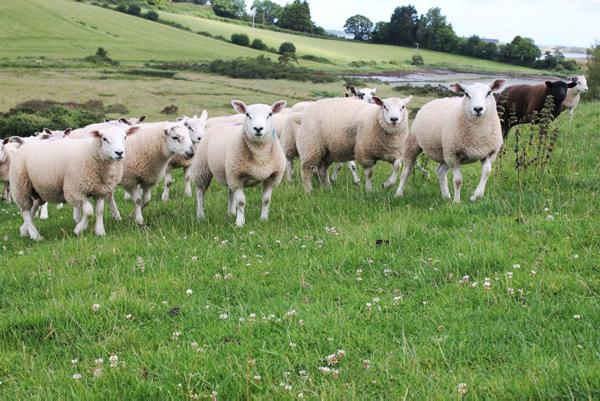Following a meeting of Ulster Farmers’ Union (UFU) policy officeholders last week, the organisation has published a list of 10 priorities, which effectively set out what they want from negotiations pre and post a UK exit from the EU.
If this list is achieved, no doubt there will be a clamour from farmers across Europe to get out of the EU.
The list includes “best possible” access to EU markets post-Brexit, along with additional trade agreements outside the EU.
Action
‘‘The UFU also wants action taken to ensure that UK production is not undermined by lower standard imports, minimum trade disruption between NI and the Republic of Ireland and farmers to retain access to seasonal and full time labour (presumably migrant labour).
As regards subsidies, the union wants the UK government to provide the same level of financial support as that currently coming from Europe. This support should be distributed to regions such as NI on the same basis as at present, and should be targeted at active farmers who take the risks in producing food. It also wants to see a reduced and simplified regulatory burden based on science, where it is advocacy/encouragement first, and regulation second.
Patience
UFU president Barclay Bell said that he recognised that it will be a long negotiation that will demand patience.
“There are no quick-fix solutions out there. Farmers need to understand that this will be a slow and often frustrating process,” he said.
The next step for the union is to secure support for these priorities from the Executive at Stormont.
RSPB
Meanwhile, RSPB’s senior conservation officer in NI, John Martin has said that in the light of the vote to leave the EU, it is now time for a public debate about what farming can deliver for society.
He said: “What is clear is that some public investment will continue to be needed if we are to secure a food and farming sector across the UK that is fair to farmers, and is good for people and nature.
‘‘This investment should reward the many vital public services that agriculture can provide, and build on the great work many farmers are already doing through rural development programmes. It should help shape more sustainable food and farming businesses by encouraging farming practices that benefit nature and help tackle climate change.”
Given that the UK will remain in the EU for another two to three years at least, he also said it is time that DAERA stops dragging its feet and launches the long-awaited environmental farming scheme.






 This is a subscriber-only article
This is a subscriber-only article










SHARING OPTIONS: